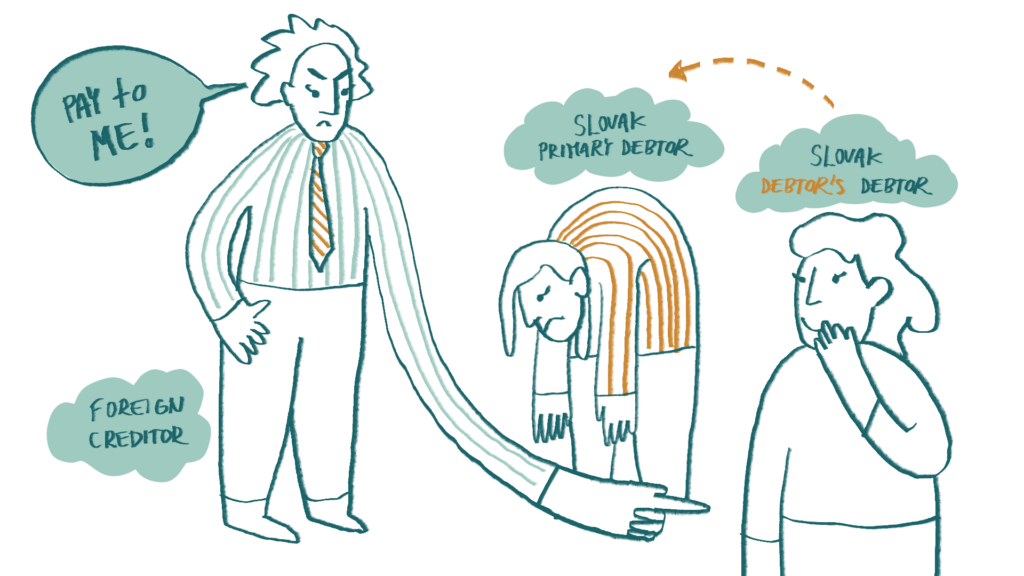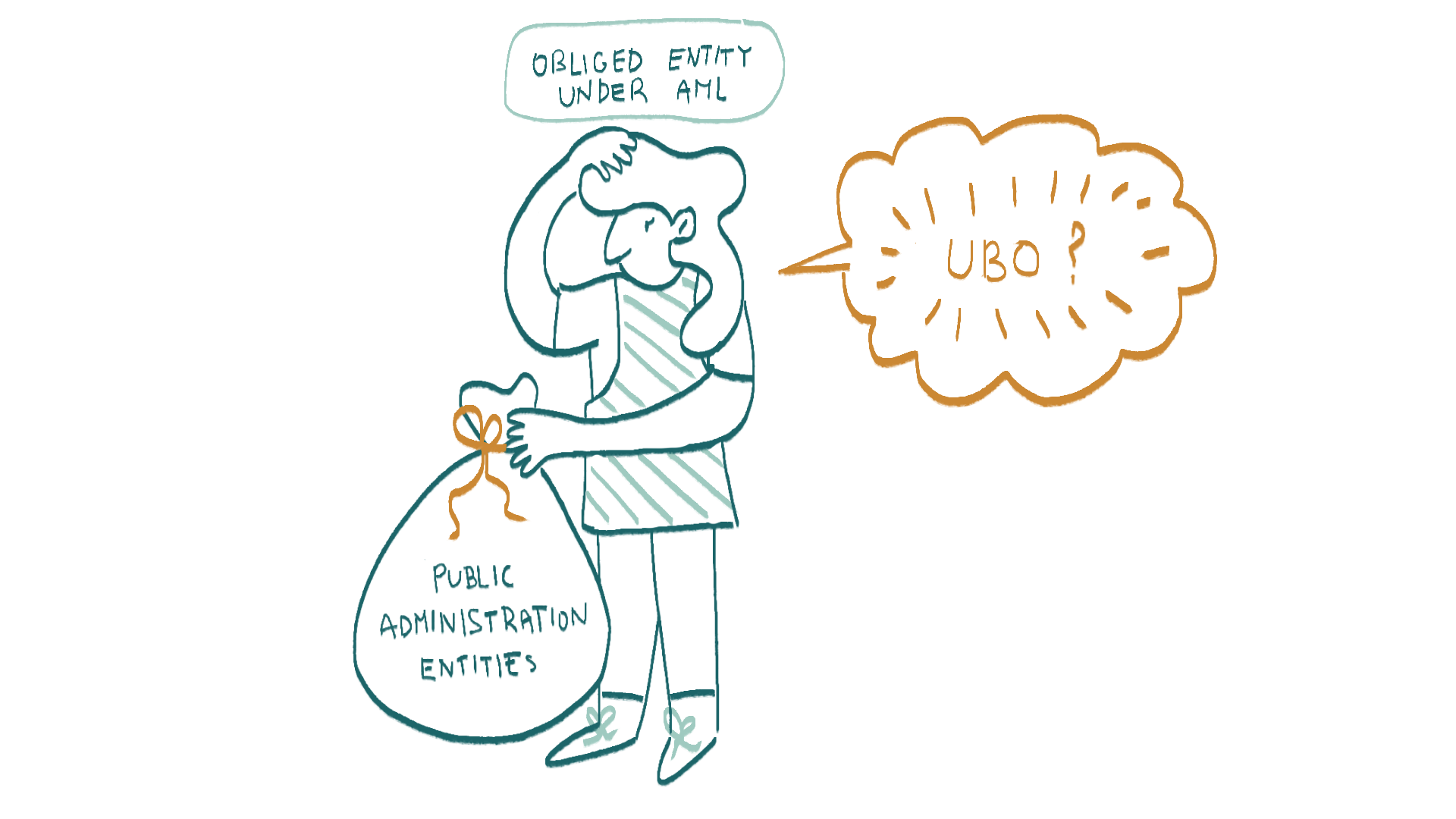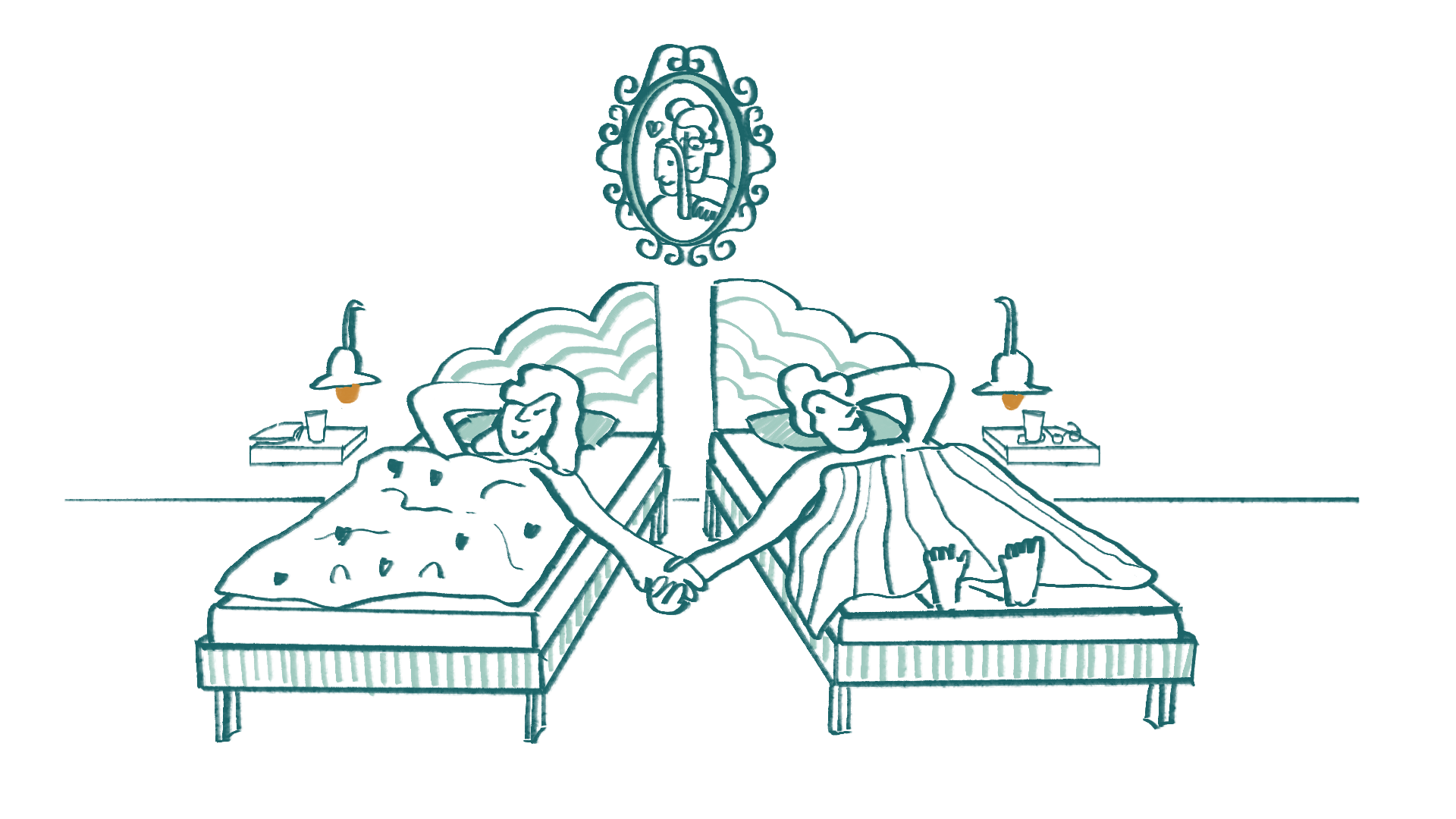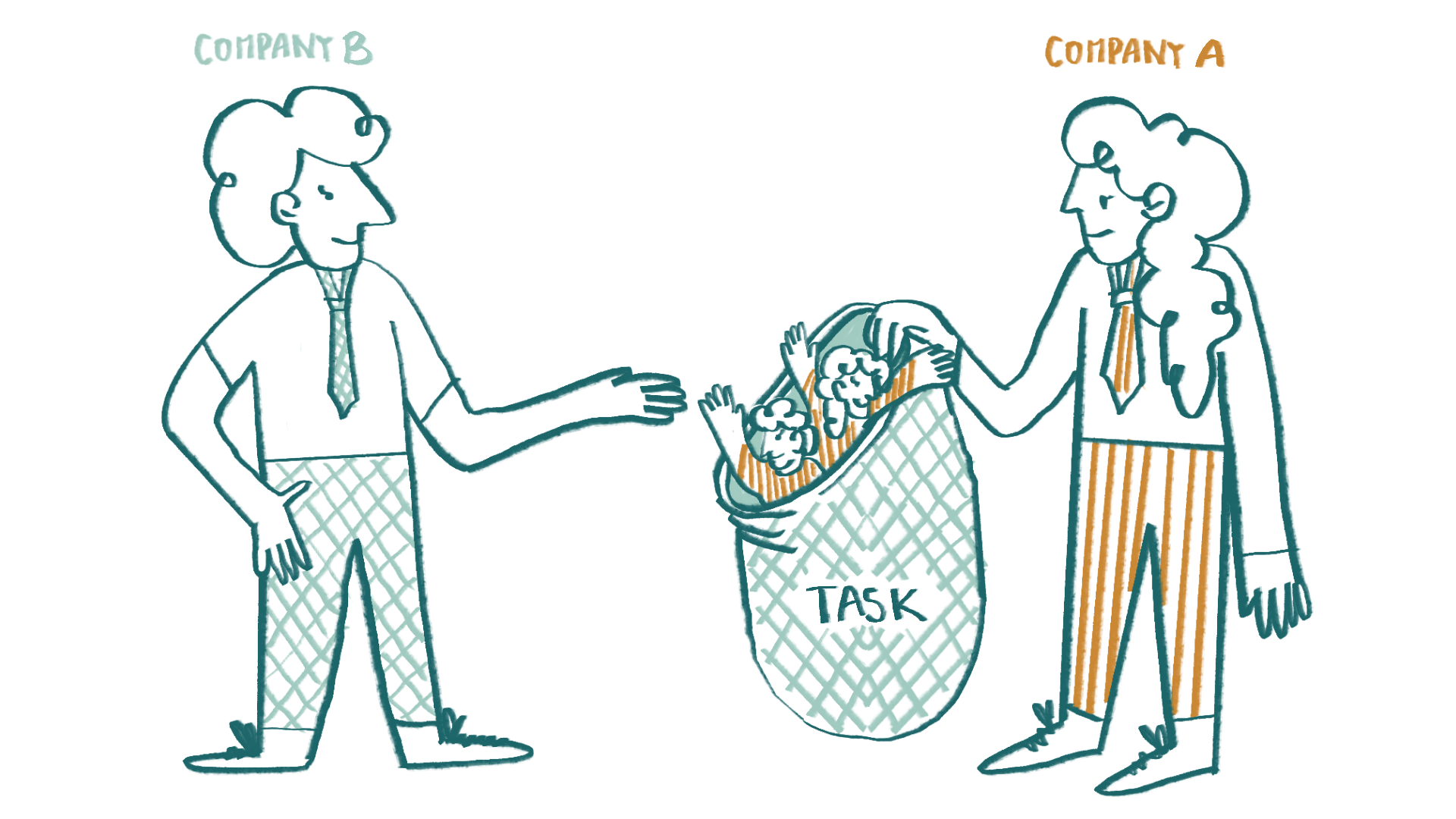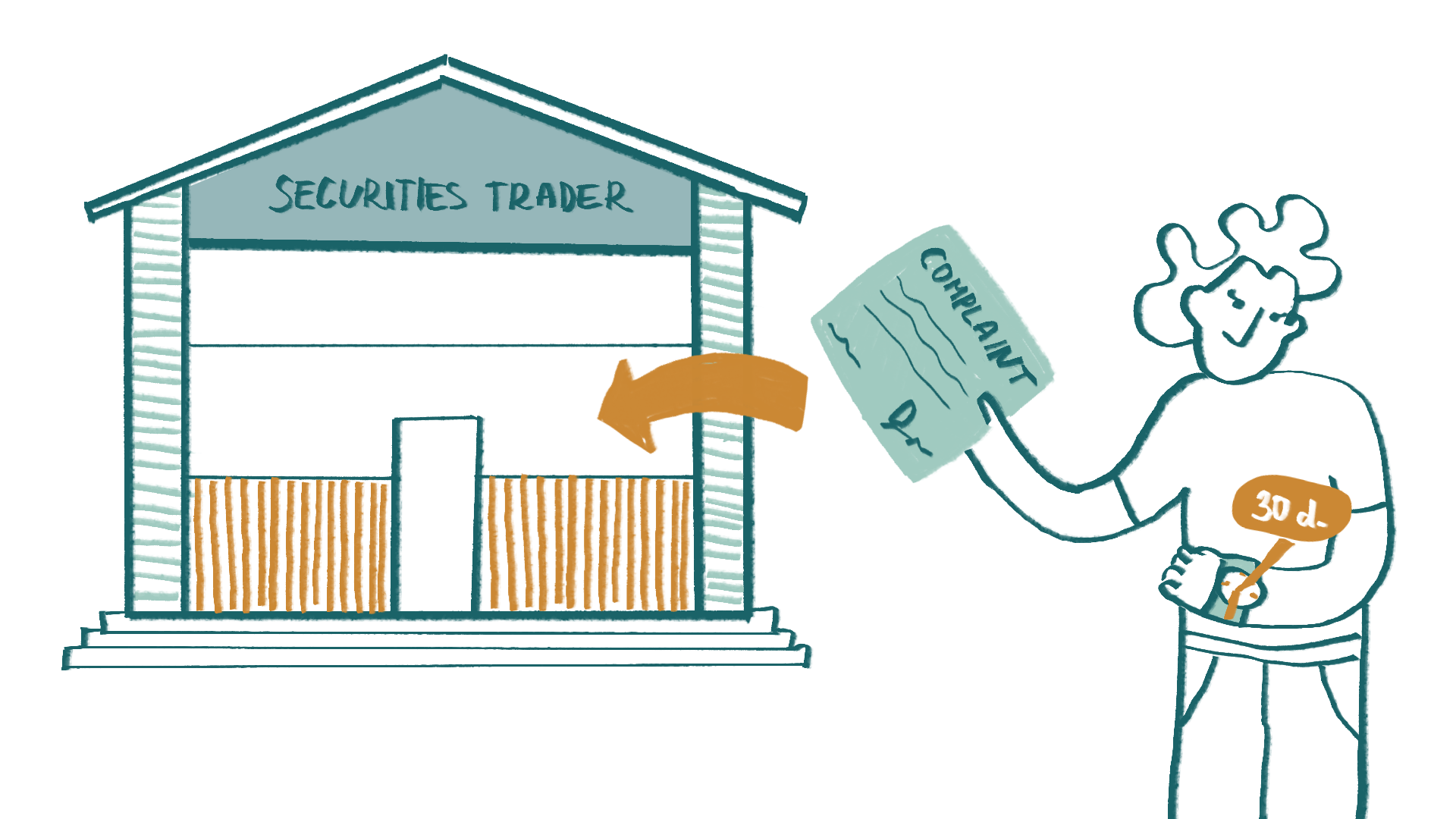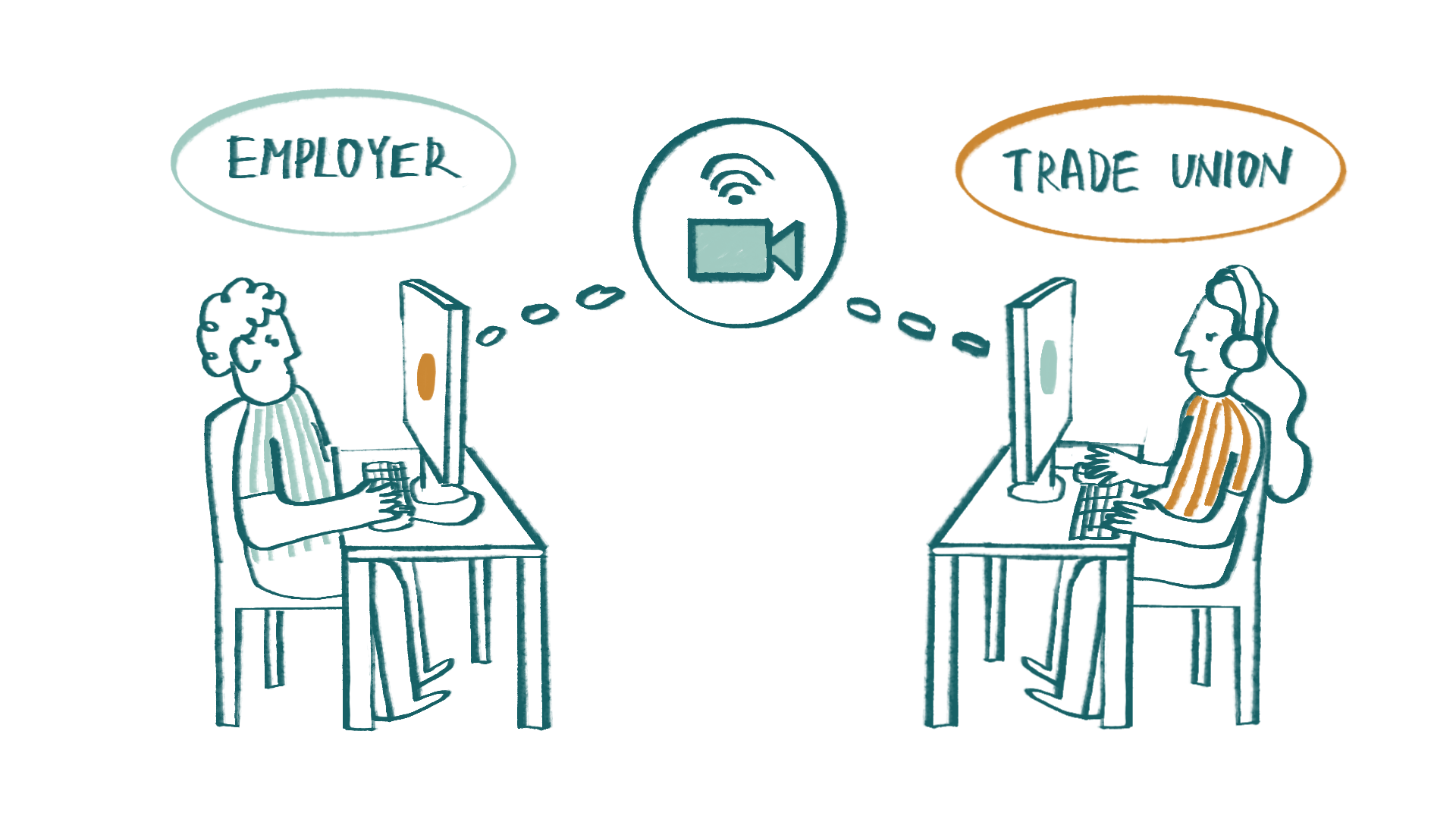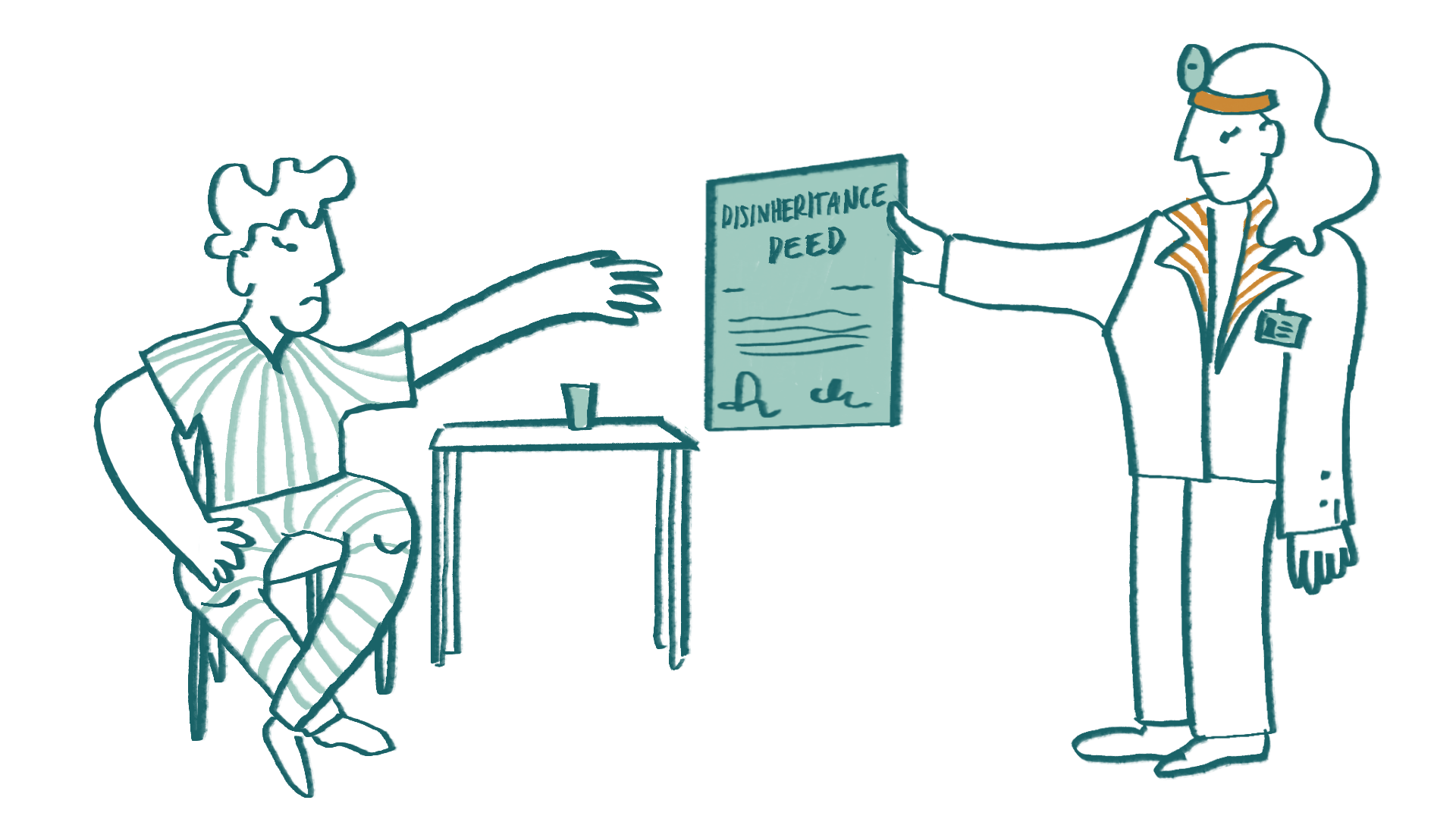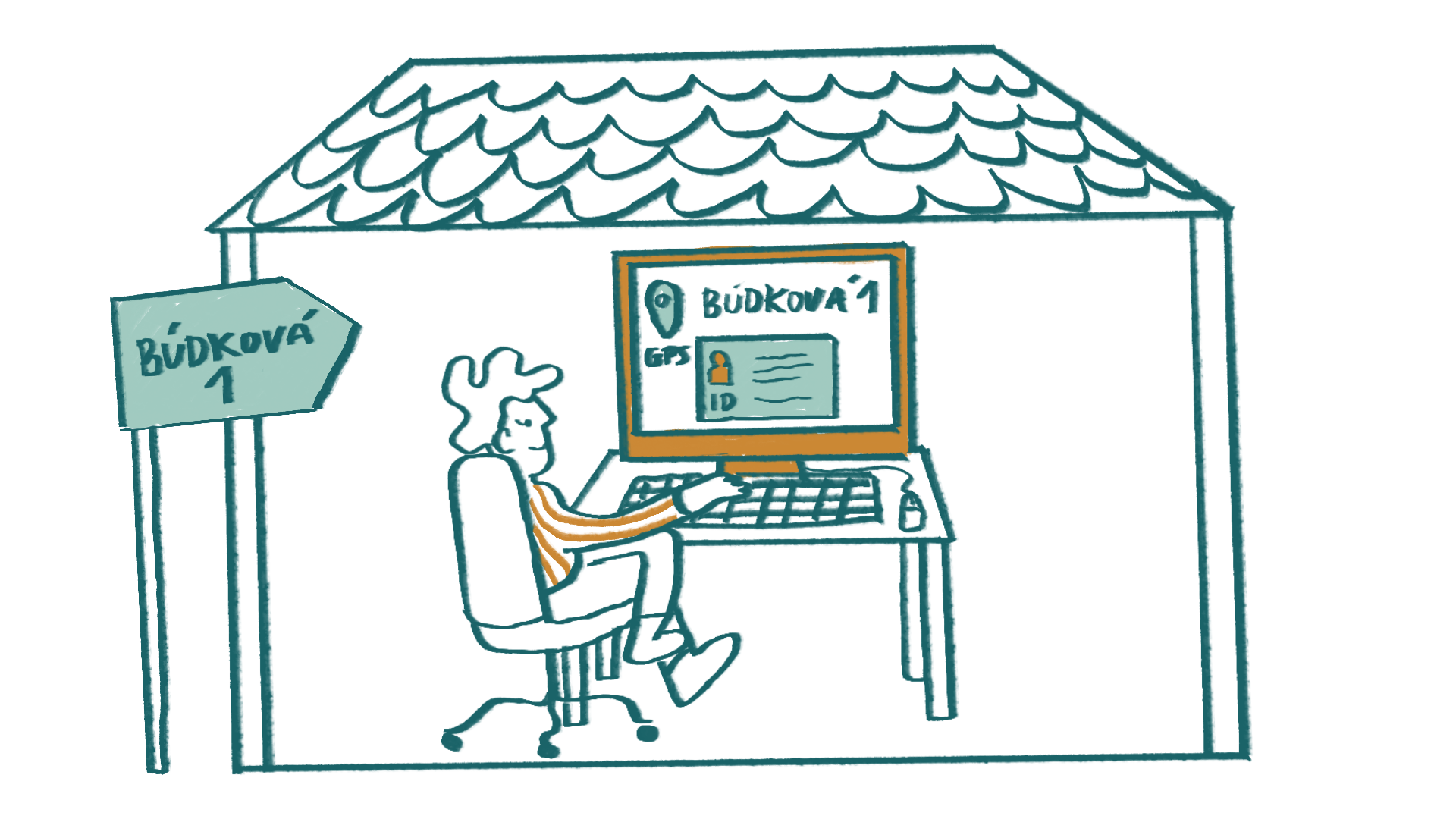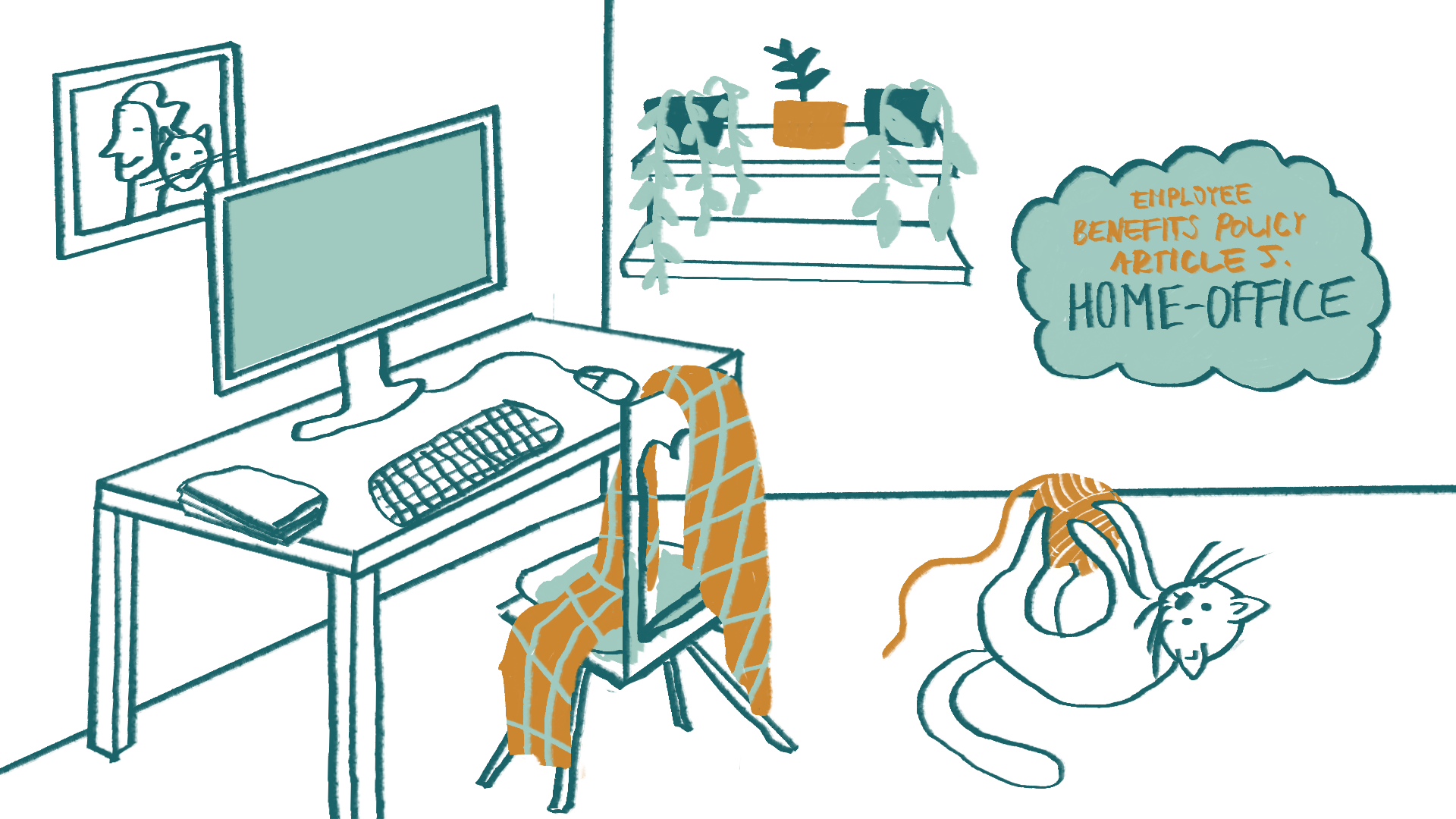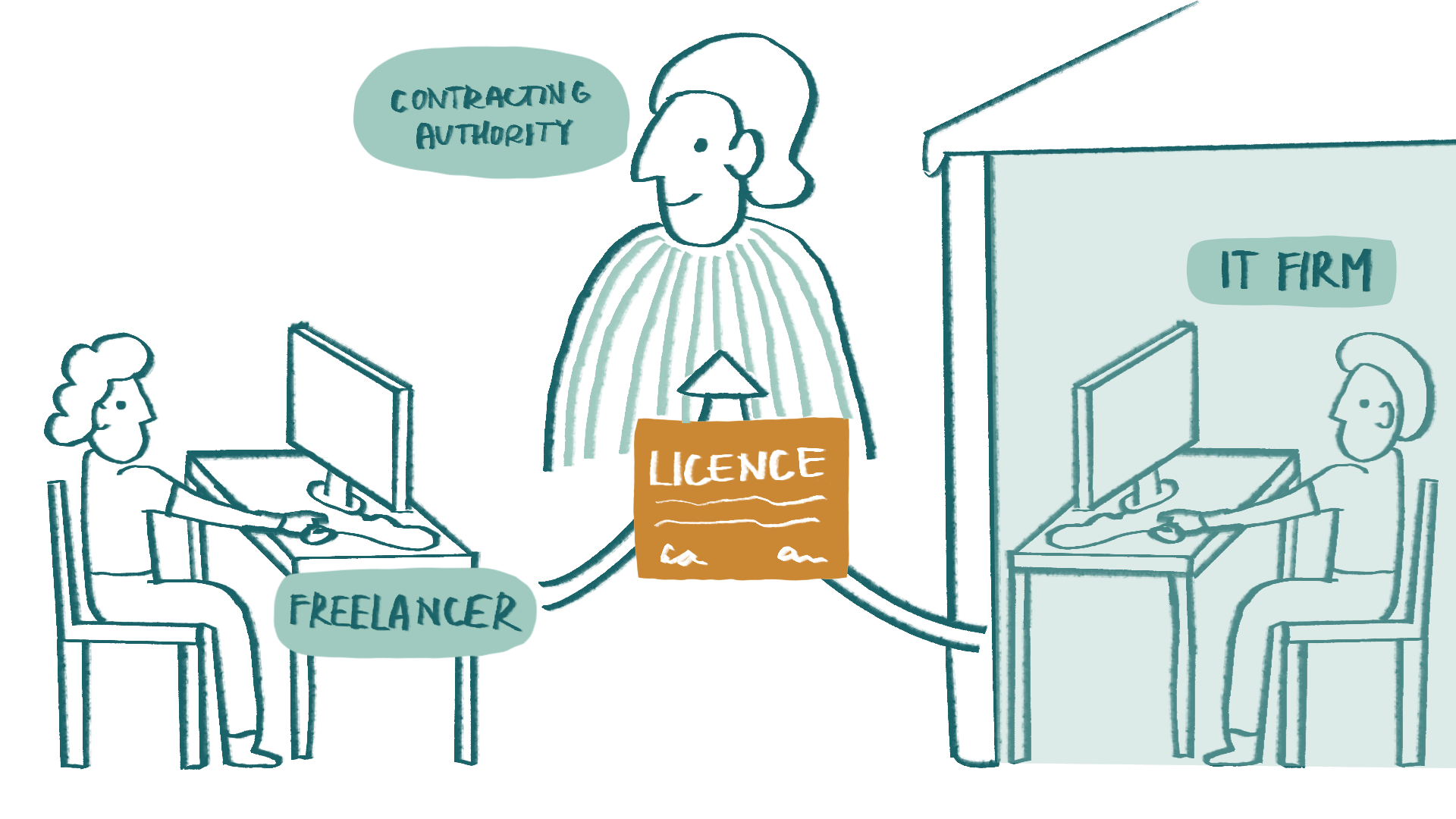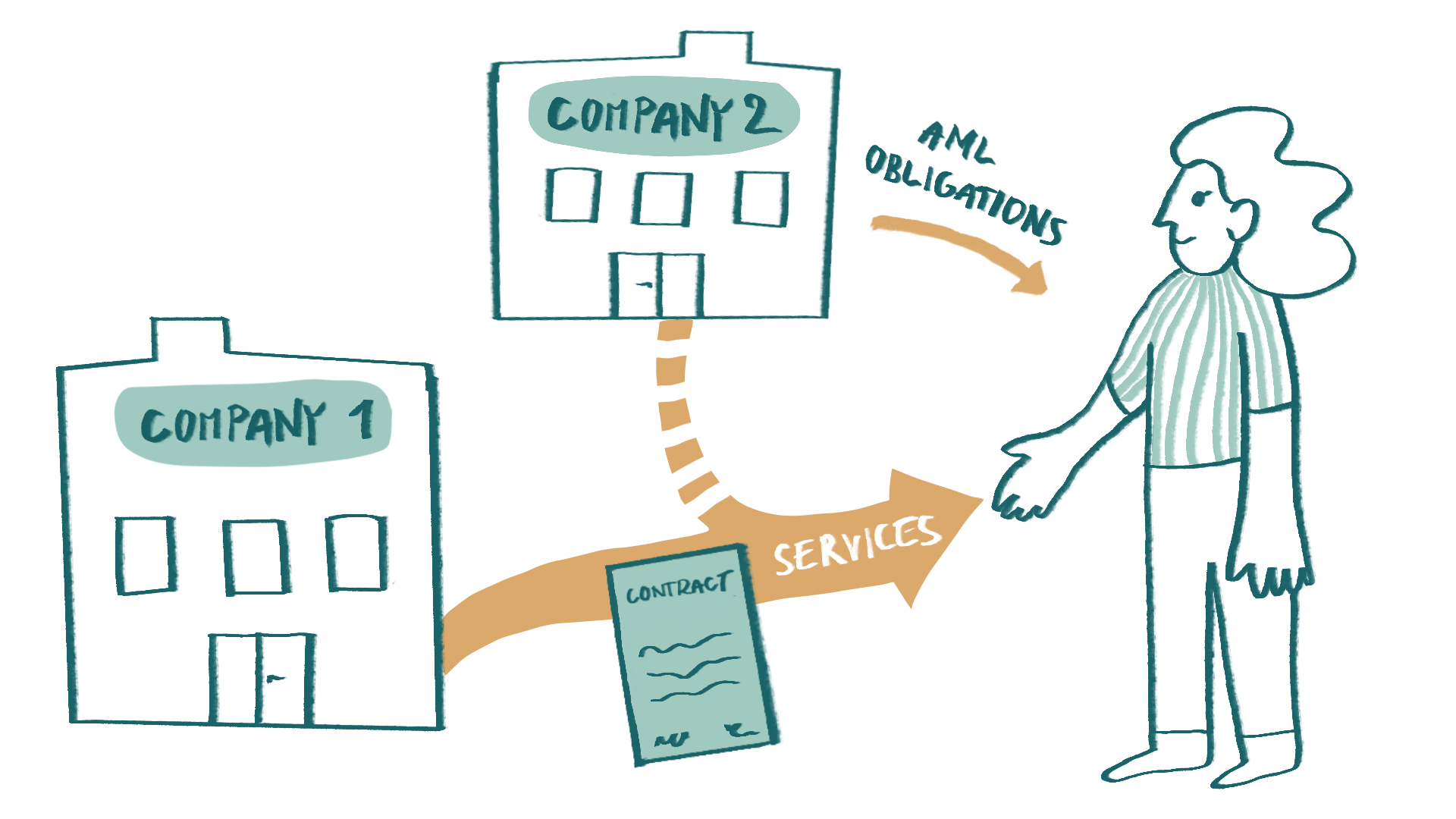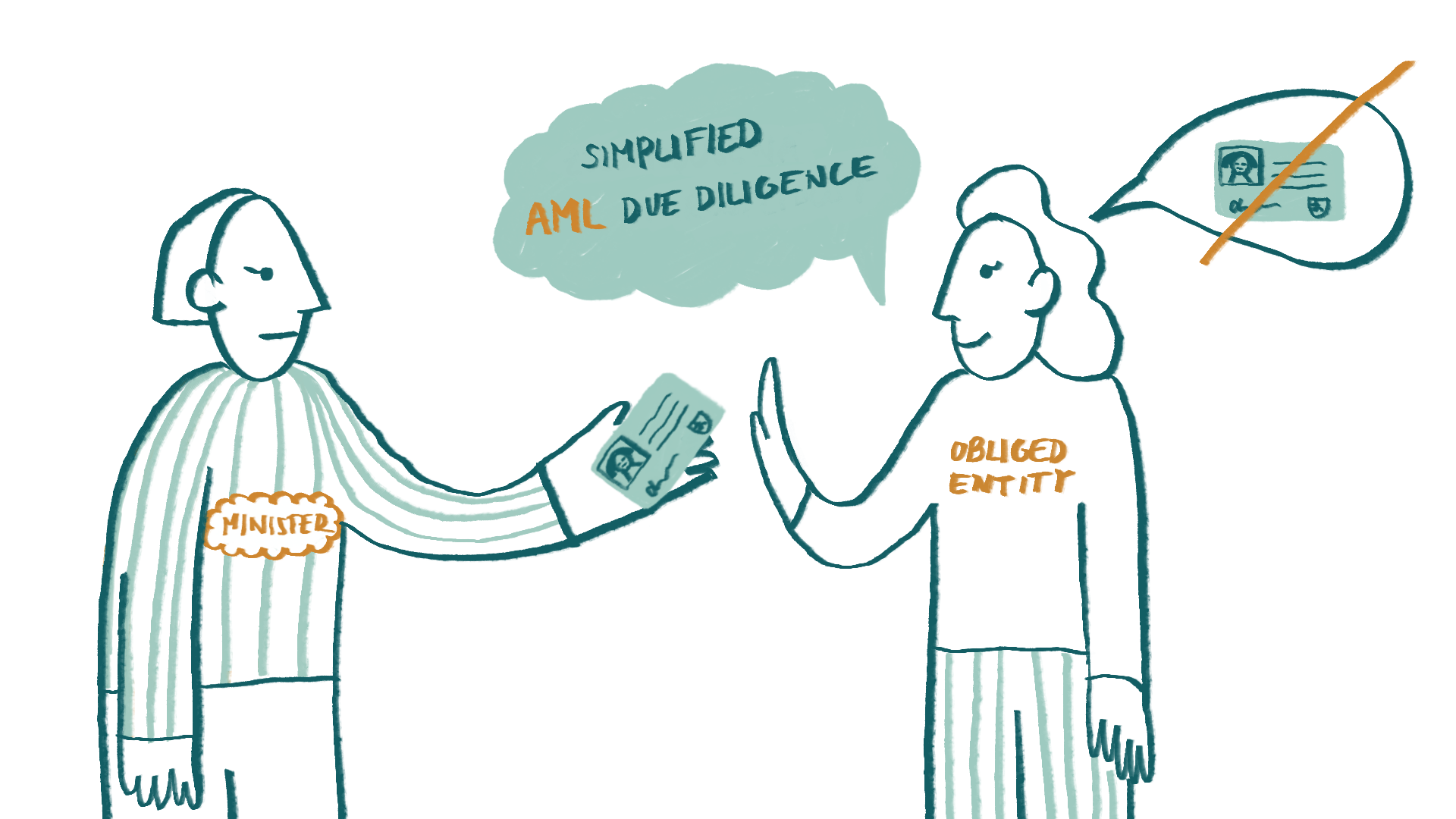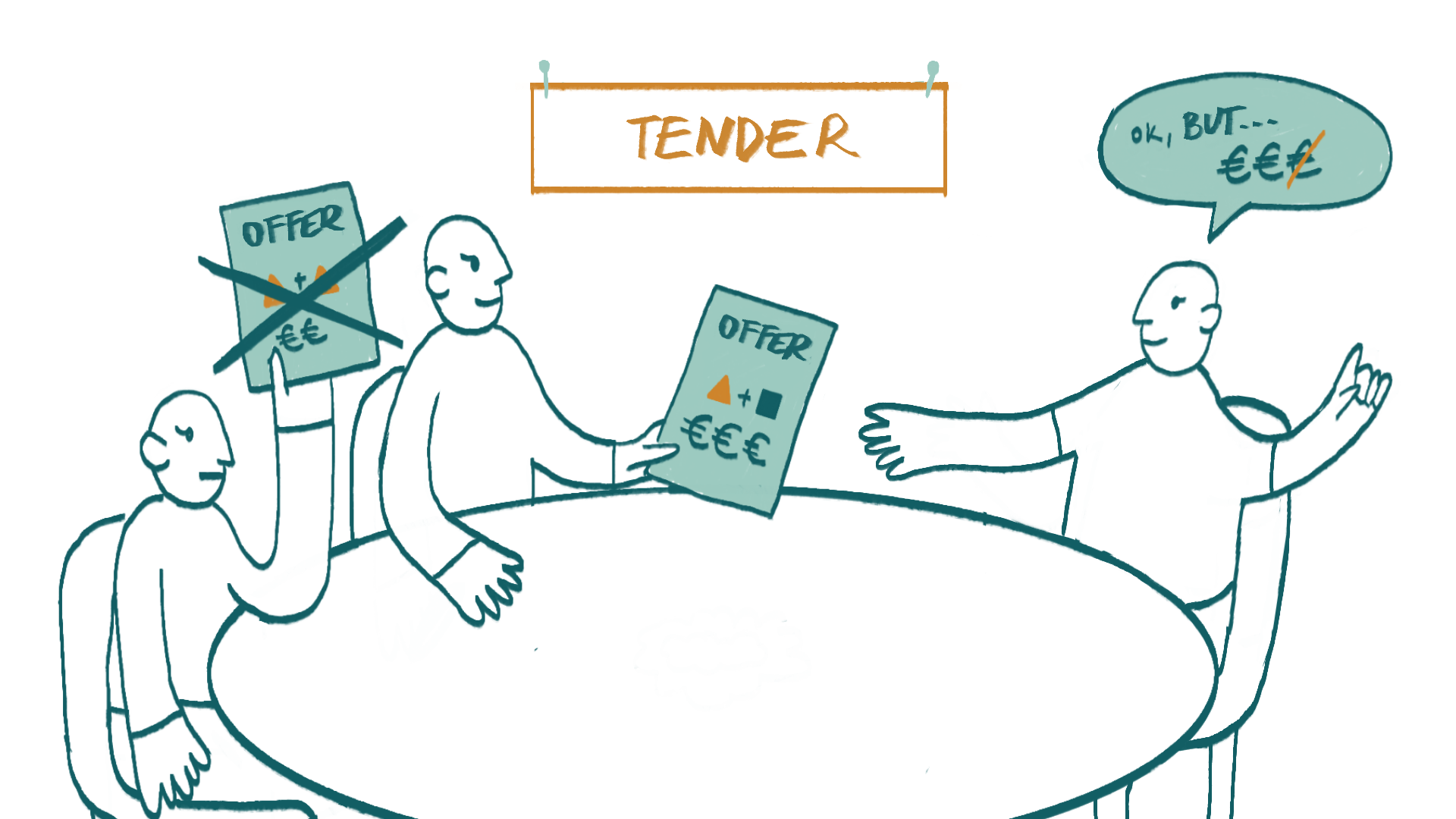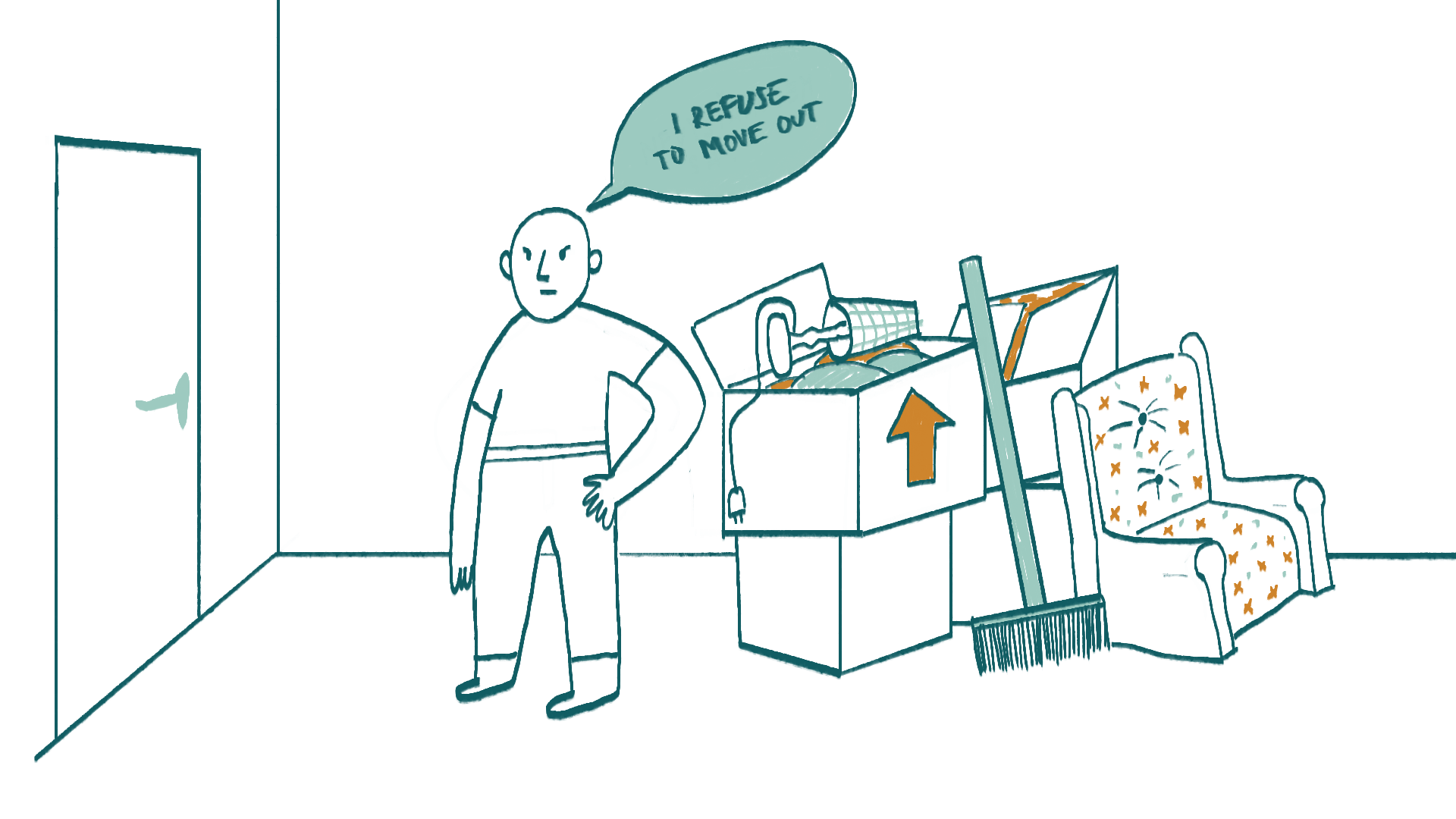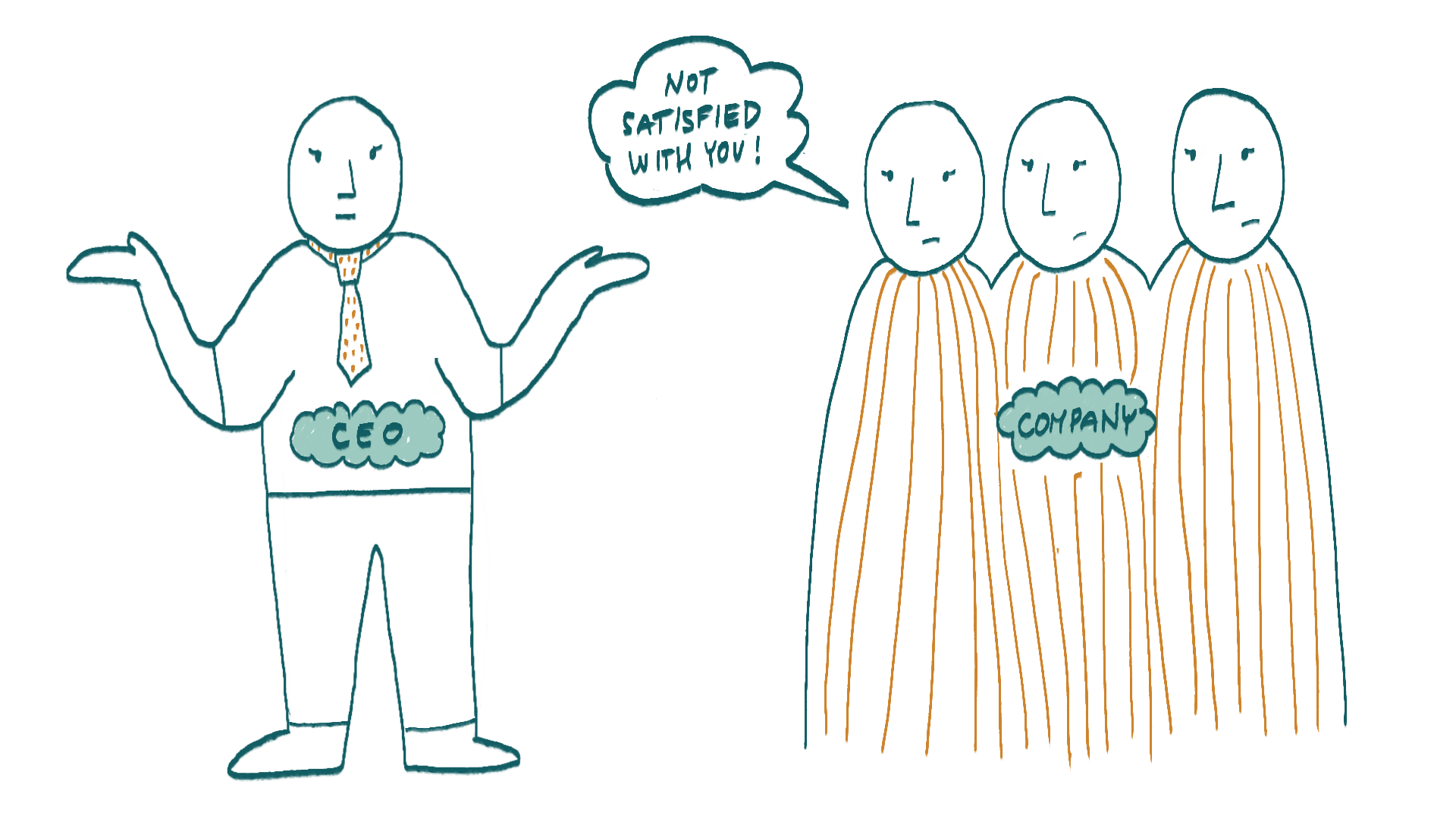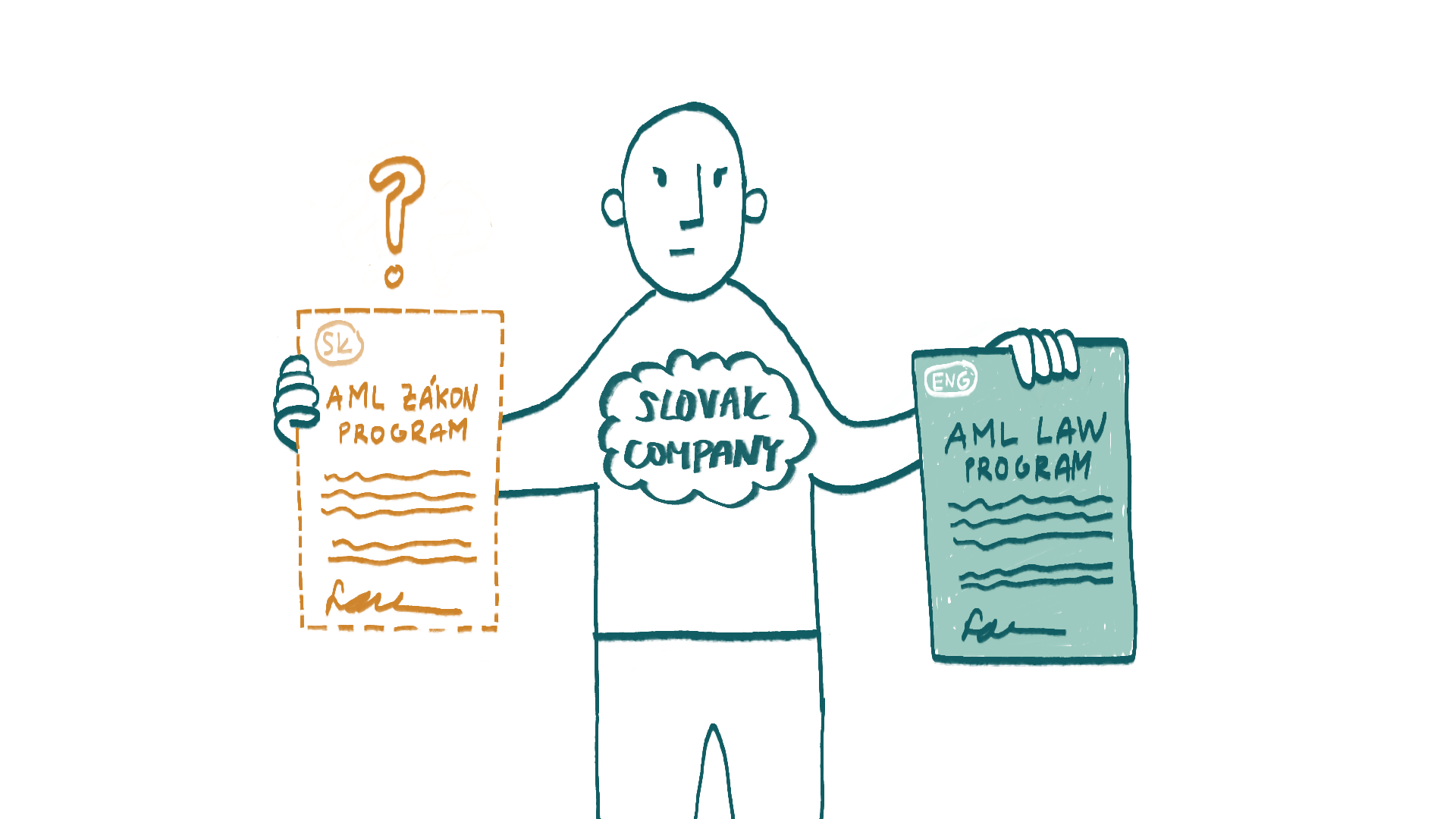For over five years, we have had a stable business relationship with a Slovak company, supplying them with various products. Initially, they consistently paid our invoices, but they eventually stopped paying, leading us to threaten legal action. In response, they signed a notarial deed acknowledging their debt and agreeing to asset enforcement if they did not pay within a set timeframe. Unfortunately, they failed to meet this obligation, prompting us to start execution proceedings. During these proceedings, we learned that our debtor does not have any enforceable assets. However, we know from past dealings that a third party owes a significant debt to our debtor. We are uncertain about the current status of this third-party debt. How can we find out more about this debt and can we legally redirect the payment to us, bypassing our primary debtor?
In dealing with your situation involving a Slovak company, Slovak law (specifically, Act no. 233/1995 Coll. on court executors and execution activities – the Execution Order) offers a solution through the seizure of receivables. This method allows you, as a creditor, to directly claim the amount owed to you from a third party that owes money to your primary debtor.
To put it simply, the seizure of receivables means that if your primary debtor owes you money, you can legally redirect their debt so that it is paid to you by the party who owes them. This process ensures that you can recover your funds directly from the third party, bypassing your primary debtor.
Here is a straightforward breakdown of the process:
The appointed executor (a legal professional) issues an initial execution order. This order informs the third party (your debtor’s debtor) of the seizure of the receivable and prohibits the third party from paying the primary debtor. The primary debtor also receives this order preventing them from using the receivable in any other way. You, as the creditor, will also be notified when the order is issued.
Following the initial order, the executor issues a core execution order for the seizure of the receivable. Both the primary and third-party debtors have a chance to contest this order. If no contestations are made, the order becomes final.
Once the order is final, the third party must pay their debt directly to the executor, who then transfers it to you.
In summary, your primary course of action involves the executor you have appointed issuing the execution order for the seizure of receivables. This order will be served to both your debtor and the third party who owes them. Upon receipt, the third party is required to settle their debt by paying the executor directly, who in turn will ensure these funds are transferred to you.
If the third party does not respond or pay, you can initiate court proceedings against them. This is mandated by section 109 of the Execution Order. In court, you would claim that the third party pays their debt directly to you. You can opt for a fast-tracked court process with lower fees – 3% comparing with 6% of the claimed amount in the regular court process.
However, if you are not completely sure about the validity of the claim and you lack concrete evidence, there is a potential risk involved in filing a legal claim against your debtor’s debtor. They might demonstrate that the receivable no longer exists, possibly because it has been offset or due to other legal barriers.
Conversely, if there are strong indications that the receivable does exist, yet the third party (your debtor’s debtor) fails to engage, such as not responding to a pre-court letter, then pursuing a court claim becomes the only viable method to confirm and enforce this receivable.
It is important to weigh the risks and costs, including court fees and costs of legal representation, against the likelihood of successfully proving the debt.
Also please note that while section 109 of the Execution Order does not directly oblige you to initiate court proceedings, it does imply important responsibilities. As a creditor, if you do not timely file a claim in court against your debtor’s debtor, or if you fail to notify your primary debtor that you are making such a claim, you may become liable for any damages incurred by your primary debtor as a result. Thus, if there are substantial indications that the third party’s debt is valid, it is advisable to proceed with legal action to avoid potential liability.

